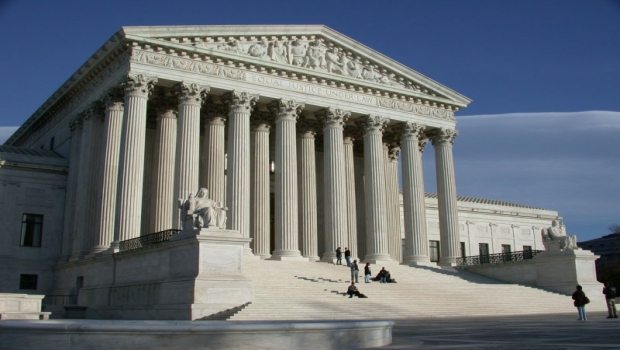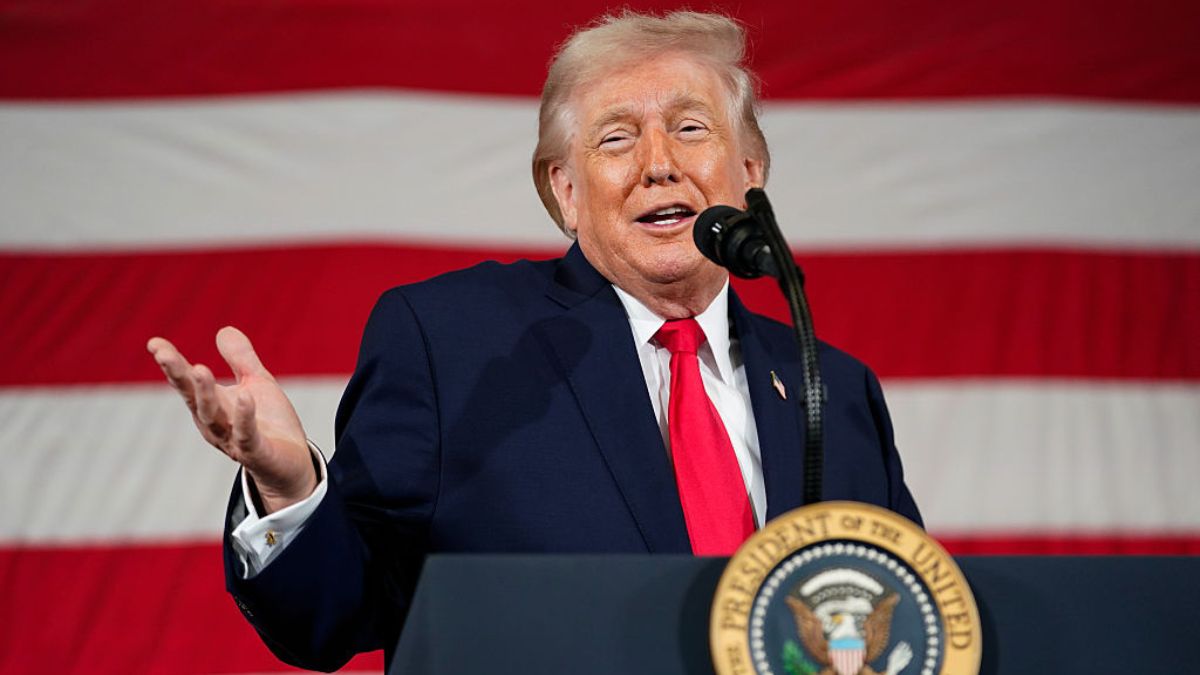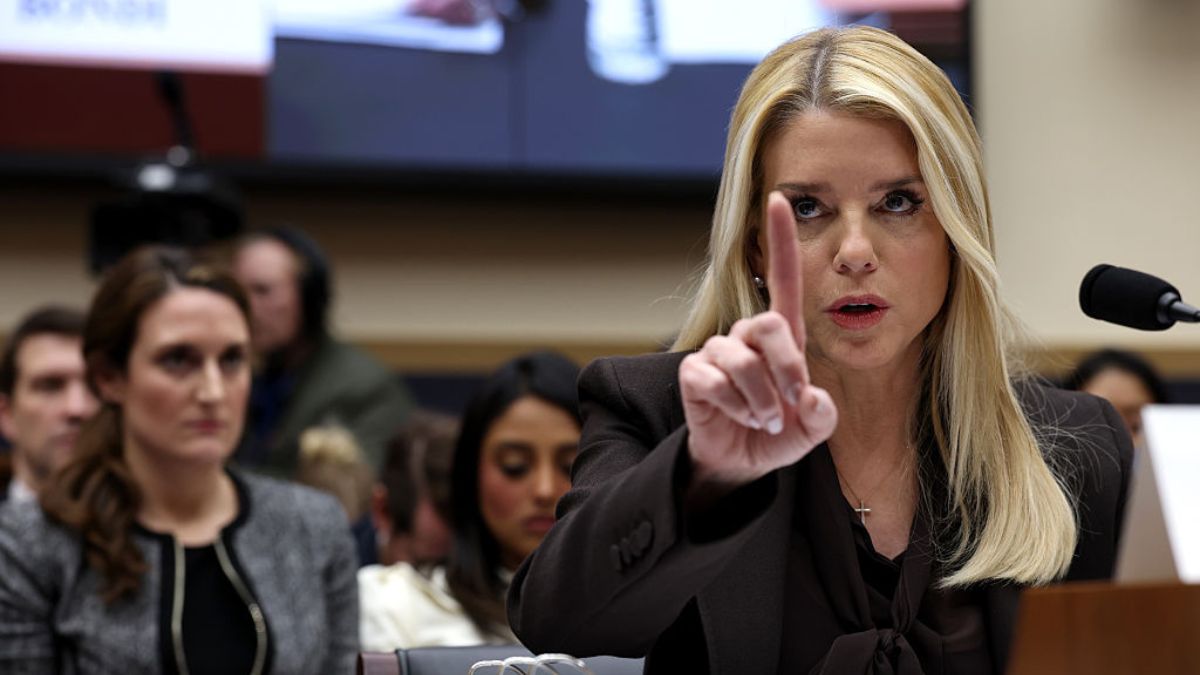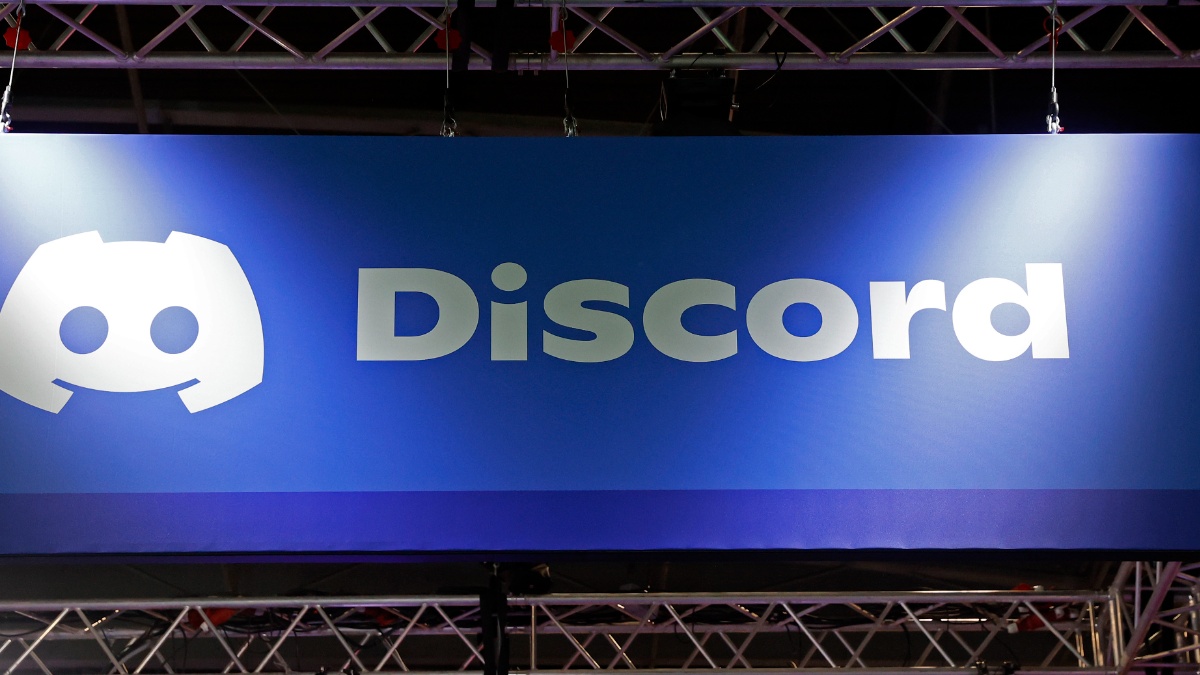The long-standing suit against violent video games in the state of California ended today, but the heated debate is sure to continue in some form. The Supreme Court sided with the video game industry by declaring it the victor in the six-year legal battle between the industry and the California lawmakers who wanted to make it a crime for anyone in the state to sell violent games to minors.
“The State of California vs. The Entertainment Merchants Association and the Entertainment Software Association” was the official case name. ESA represented the gaming industry and are the organization that puts together the annual E3 year after year. The ESA’s lawyers argued against the state of California’s as they tried to convince the court that video games deserve the same rights under the First Amendment (freedom of speech) protections as books and movies. The decision revealed today can certainly be looked at as a monumental one, as it marked the first time the Supreme Court has been called upon to resolve an issue in the medium of video games.
The law in question would have made it a crime to sell violent video games to minors in the State of California. It had been ruled un-Constitutional by lower courts. Today, in a 7-2 ruling, Justice Antonin Scalia said the law is not in accordance with the First Amendment. He was joined in opinion by Samuel Alito and Chief Justice John Roberts. The case made against the proposed law, led by Scalia, claimed that video games deserve and are entitled to First Amendment rights:
Like the protected books, plays, and movies that preceded them, video games communicate ideas-and even social messages-through many familiar literary devices and through features distinctive to the medium. That suffices to confer First Amendment protection. Under our Constitution, “esthetic and moral judgments about art and literature are for the individual to make, not for the Government to decree, even with the mandate or approval of a majority.”
Everyone involved with the gaming industry including developers, publishers, and proponents of the games they make can revel in today’s decision. It truly marks a historical day for the medium, as video games are officially protected under those rights of the First Amendment. Though other States could re-work their argument and attempt to pass similar laws, the Supreme Court’s decision today declaring the law un-Constitutional would make future laws against violent video games very difficult to pass.











Published: Jun 27, 2011 12:58 pm